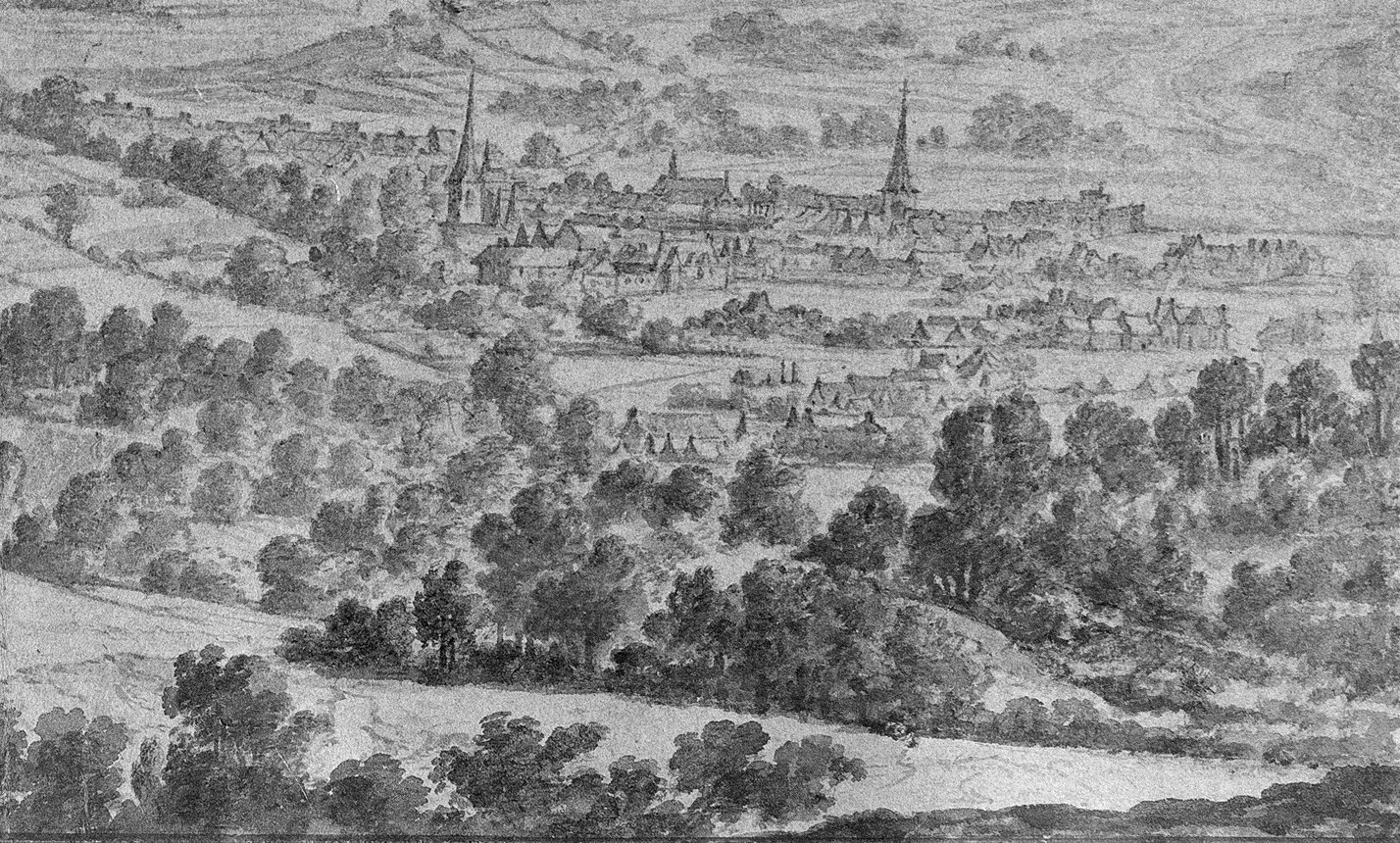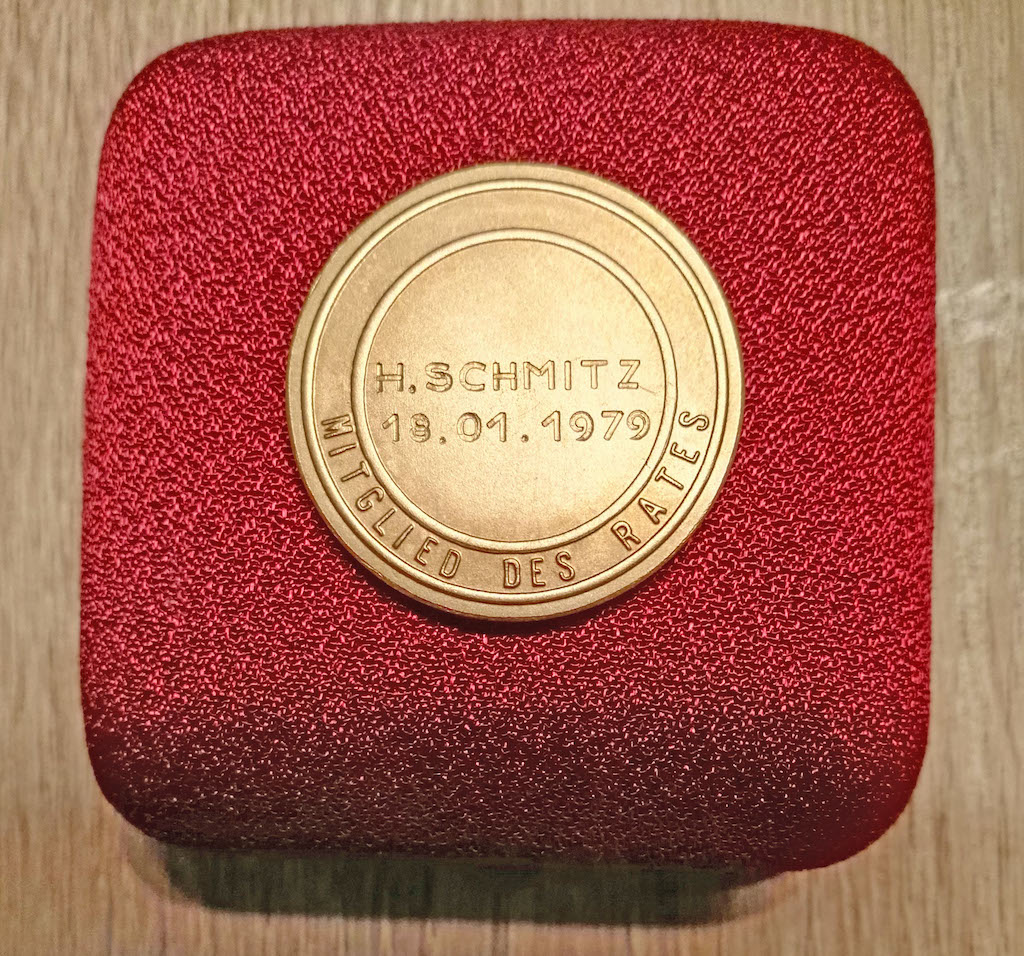East Belgium would probably never have achieved the importance and quality of life it has today if it had not become part of Belgium 100 years ago. Our linguistic uniqueness and the discord between the two large cultural communities in our country have given us a large degree of autonomy, which, however, did not just appear out of thin air. After the Second World War, courageous politicians and leaders fought against the demonisation of German culture and language and persistently demanded the right to our own linguistic and cultural identity at home. In the meantime, much has been achieved institutionally that now serves all citizens living here. For me, the German-speaking community is neither à la carte and free for all nor an artificial island that is ignorant of its neighbours.
I myself consider my five-year affiliation with the RdK an interesting, instructive excursion into an important field of our society. It has ultimately encouraged me to return to ‘my first love’, the vocation of priest.
Through my service as a priest, I found a second home in New Louvain for 15 years: Walloon Brabant, where I got to know and appreciate the cultural diversity that has now also arrived in our country.
In fact, the job of a politician and that of a priest are not so far apart: it is about serving others. As the late Liege Senator Huberte Hanquet (1926-2018) once said, ‘Politics is the higher form of charity.’
May the latter characterise all citizens of our community; may it express itself in the combination of being rooted in and open to the world, of healthy self-confidence and genuine solidarity.
Helmut Schmitz
Eupen

